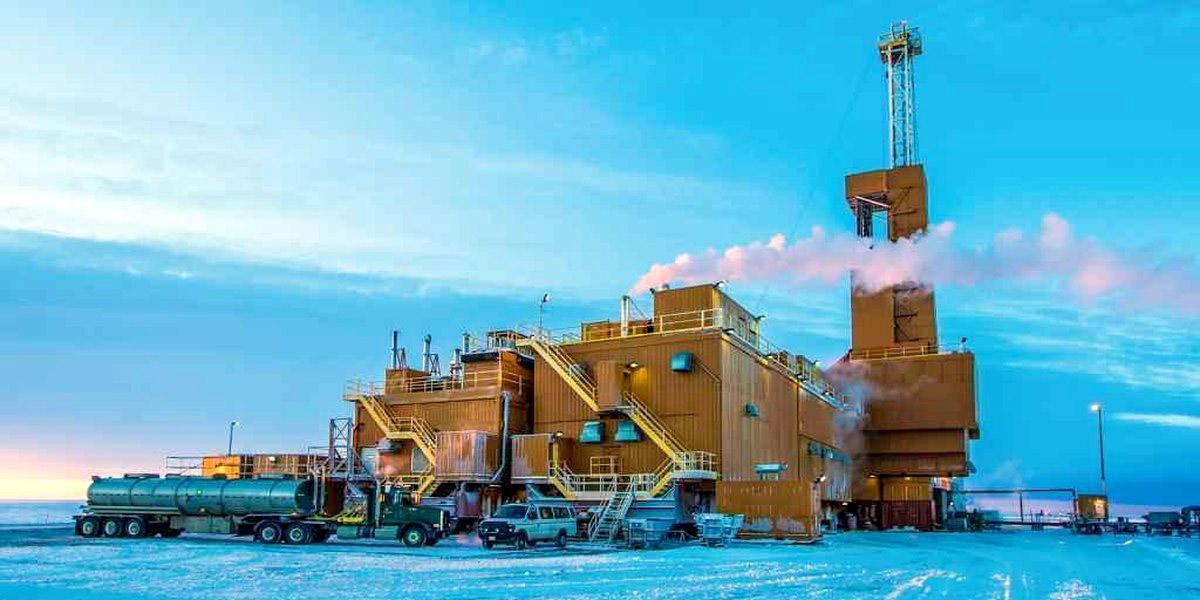

BP Global
BP and U.S. Environmental Protection Agency officials spent the holiday weekend trying to repair a leaking oil well on Alaska’s North Slope. Officials said the well is too unstable to shut down because of frigid temps in the high Arctic, but have released the pressure on one of the main leaks.
It appears that 1.5 acres of the remote area near Deadhorse, Alaska have been affected by the spill. Native communities were notified and non-essential workers were forced to evacuate. However, no injuries to crew or wildlife have been reported.
“Crews are on the scene and are developing plans to bring the well under control,” said BP spokesperson Brett Clanton, in a release on Saturday. “Safety will remain our top priority as we move through this process.”
There were initially two main leaks, one near the top of the rig that was releasing methane and the other down the assembly line spraying crude oil in a mist over the ice. Officials were able to detect both leaks using infrared cameras.
“Based on an overflight with infrared cameras, the release appears to be contained to the gravel pad surrounding the wellhead and has not reached the tundra,” Clanton said.
Crews are still getting the situation under control and no updates have been reported in the last 12 hours.
As natural gas operations have begun taking shape in Alaska, reports of leaks have become more frequent. There had been an ongoing, very large leak occurring at Cook Inlet, which was spewing 210,000 cubic feet of gas per day for nearly four months, but finally Hilcorp Alaska announced Friday that a temporary repair has stopped the leak. However, the effects on marine life, including critically endangered beluga whales, is still unknown.
“Oil companies continue to treat Alaska with reckless abandonment, threatening its pristine waters, wildlife and communities,” said Dan Ritzman, director of Sierra Club’s Alaska Program.
“Big Oil has repeatedly proven it can’t drill for fossil fuels safely, it has repeatedly proven they can’t transport it safely, and it has repeatedly proven they can’t be trusted with the safety and well-being of the state and its habitat. It’s past time that Donald Trump and his friends in the fossil fuel industry put Alaska ahead of corporate polluter’s profits which only threaten the state’s beauty and environment.”

 233k
233k  41k
41k  Subscribe
Subscribe 